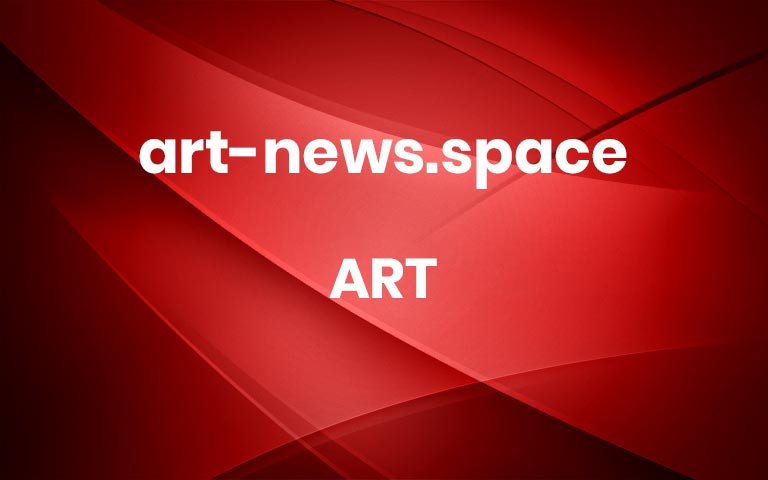Katrine Hildebrandt Embraces Symmetry in Paper, Wire, and Reed
“EQUILIBRIUM” (2023), hand-burnt lines, indigo-dyed reed, and wire on paper, 30 1/4 x 44 inches. All images © Katrina Hildebrandt, shared with permission
Katrine Hildebrandt Embraces Symmetry in Paper, Wire, and Reed
September 4, 2024
Art
Kate Mothes
Share
Pin
Bookmark
Katrine Hildebrandt is captivated by geometry and symmetry, drawing on mathematical or scientific diagrams as a starting point for her precise mixed-media compositions. “At the same time, I find beauty in imperfect, non-tangible, and fleeting moments,” she says. “I think my work blends the relationship between the controlled and wild.”
The Boston-based artist employs natural materials like indigo dye, rattan, and pigmented fabrics. She also uses a wood-burning tool that sears lines into the surface, referencing the duality of permanence and impermanence. The work is “symmetrical yet not perfect,” she says.
“REFLECTED RIPPLES” (2023), hand-burnt lines, reed, and wire on indigo-dyed paper,30 1/4 x 44 inches
Hildebrandt creates color from natural sources, and while the dyes are as lightfast as possible, she embraces the inevitable changes due to time and the elements. “Nothing is permanent, nothing is perfect” she says, “life and the work is in constant flux.”
Beginning each piece by loosely sketching compositions on paper, Hildebrandt intuitively selects the materials based on the color or texture she’d like to achieve. “I always leave room for play and interpretation throughout the entire process,” she says. With meticulous and methodical attention to detail, the artist starts in the center of the paper and works outward to map the composition, using repetition to create a sense of visual rhythm and harmony.
With the help of her studio assistant, artist Ciara Scales, Hildebrandt is working toward a number of projects, including an exhibition with Uprise Art scheduled to open in June next year and SCOPE Art Fair in Miami this December with Soapbox Arts. If you’re in New York, you can also find her work presented by Uprise Art at Art on Paper this weekend.
Find more on the artist’s website and Instagram.
“MIRRORED RIPPLE” (2023), hand-burnt lines, reed, and wire on paper, 21 x 30 1/4 inches
Detail of “MIRRORED RIPPLE”
“DISTORT” (2023), hand-burnt lines and indigo ink on paper, 12 x 10 inches
Detail of “EQUILIBRIUM”
“DOUBLE VISION” (2023), hand-burnt lines, indigo ink, reed, and wire on paper, 12 x 10 inches
Detail of “REFLECTED RIPPLES”
“MIRROR” (2023), hand-burnt lines, indigo ink, reed, wire, and oak on paper, 10 x 12 inches
Do stories and artists like this matter to you? Become a Colossal Member today and support independent arts publishing for as little as $7 per month.
Hide ads on website and newsletters
Save your favorite articles
Get 10% off in the Colossal Shop
Members-only newsletter
1% for art supplies in classrooms
Join us today!
$7/Month
$75/Year
Explore Membership Options More


